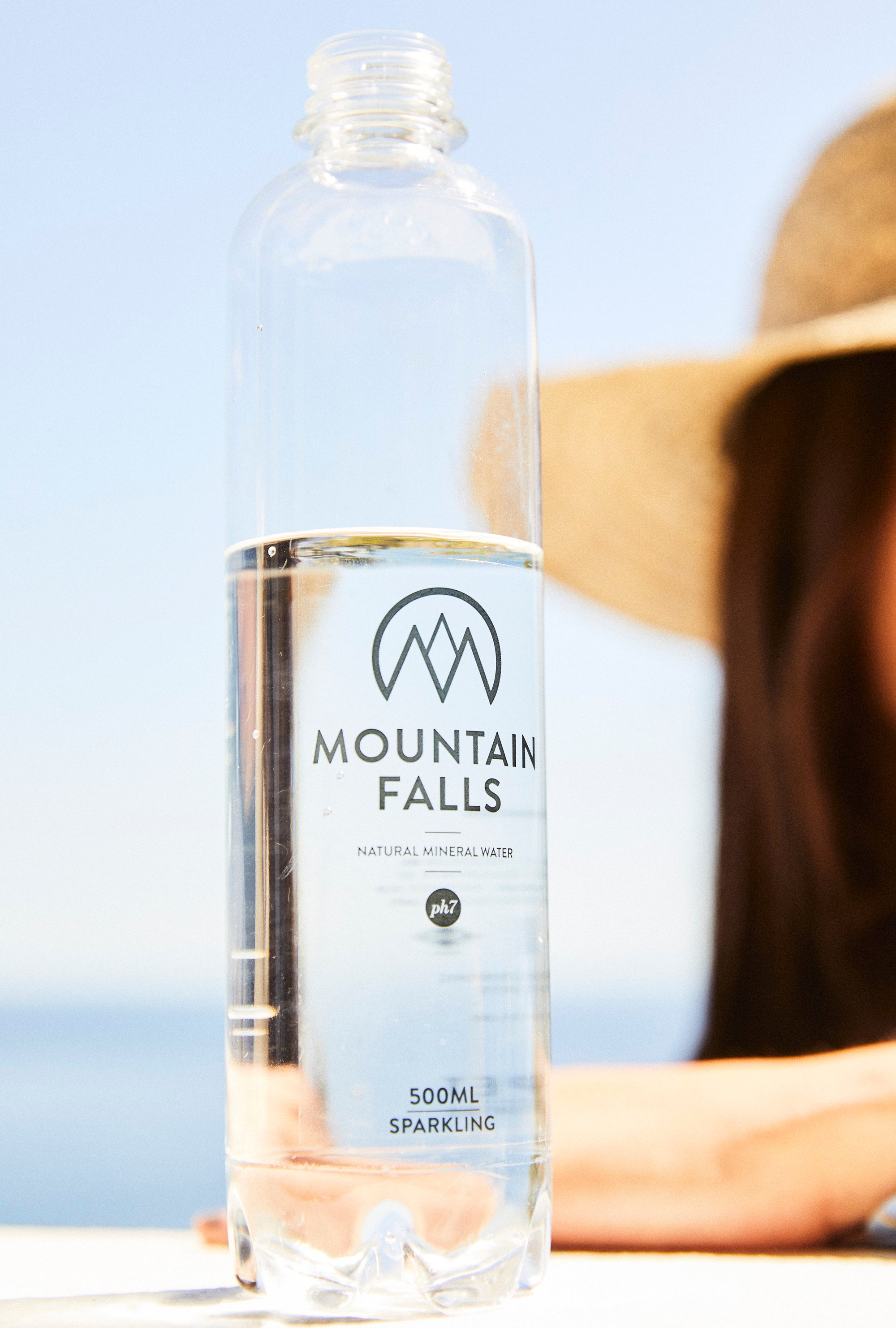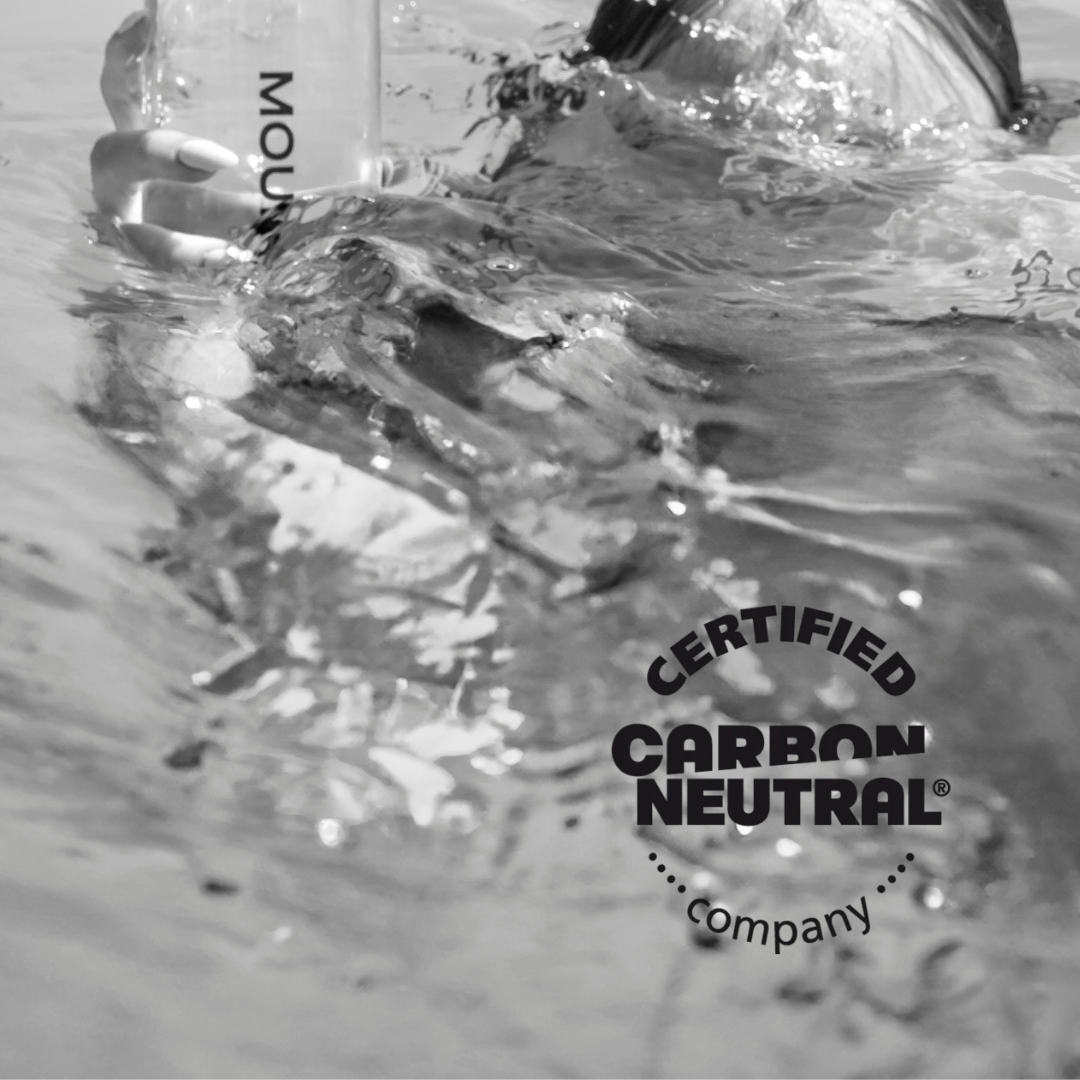Choosing between mineral water and tap water might seem like a simple decision, but it's one that can significantly impact your health and well-being. In South Africa, where the quality of tap water can vary greatly from one region to another, it's essential to understand what you're putting into your body.
Mineral water, naturally infused with beneficial minerals like calcium and magnesium as it flows through mountain slate, offers a crisp and refreshing taste that many find superior. On the other hand, tap water, although widely used, may lack these health-boosting minerals and, in some cases, contain elements detrimental to your health. Let's dive into the differences and see which option might be best for you.
Sourcing and Processing

When you're exploring the best water in South Africa, understanding where your water comes from and how it's processed is paramount. Whether you're leaning towards the refreshing taste of mineral water or the convenience of tap water, the journey from source to sip is a fascinating one.
Mineral Water
Mineral water is nature's gift, emerging from underground reservoirs and springs, bringing with it a bounty of natural minerals. In the context of South Africa, brands like Mountain Falls stand out, offering water that's not just refreshing but also packed with health benefits. Mineral Water must come from a protected underground source to be classified as such. It's then collected and bottled directly at the source to preserve its purity and mineral content.
The unique composition of mineral water is often a result of it passing through layers of geological formations, where it picks up minerals such as calcium, magnesium, and potassium. The mineral content must remain unchanged by any treatment processes, which is a strict requirement for all Mineral Water producers. This natural fortification makes mineral water stand out for its health benefits, unique taste, and quality.
Tap Water
On the flip side, tap water's journey is markedly different. In South Africa, municipal water undergoes extensive treatment before it reaches your tap. This process often involves sedimentation, filtration, and disinfection to ensure the water is safe for consumption. While tap water might not boast the natural mineralization that its bottled counterpart does, it's subjected to rigorous safety standards to ensure it's free from contaminants.
In many urban areas across South Africa, tap water is considered among the best water in terms of safety, thanks to the stringent regulations in place. However, it's crucial to understand that the taste and quality can vary significantly based on your location and the condition of local water infrastructure. For those concerned with chlorination or the presence of other chemicals, home filtering systems offer a way to improve taste and remove potential contaminants.
Each type of water has its source and method of processing, which influences not only the taste but also the potential health benefits. Whether you’re exploring the pristine, mineral-rich waters of Mountain Falls or enjoying the convenience of tap water, both types offer unique advantages. Given the diverse landscapes and resources in South Africa, the choice between mineral water and tap water often boils down to personal preference and priorities, be it taste, health benefits, or environmental considerations.
Taste and Aesthetics

Mineral Water
When you ponder over the best water in South Africa, mineral water often tops the list due to its distinct taste and mineral content. Sourced from underground reservoirs, mineral water, like that from Mountain Falls, comes packed with natural minerals such as calcium, magnesium, and sodium. These minerals not only contribute to your daily health needs but also provide mineral water with a unique taste profile that is often considered superior to that of tap water.
The taste of mineral water can vary greatly depending on its source. Some may have a slight salinity, while others could possess a subtle sweetness, attributed to the unique mineral composition of the underground source from which it's extracted. This variance in taste makes mineral water a preferable choice for those who appreciate the natural nuances and want to experience the best water taste that nature offers.
Tap Water
Tap water in South Africa, while widely used, can have a more variable taste profile. This is due to the extensive treatment processes it undergoes, including filtration, chlorination, and sometimes fluoridation, to ensure its safety for consumption. These treatments, while necessary for killing bacteria and removing impurities, can sometimes leave behind a taste that some individuals find less appealing compared to the natural, untouched flavour of mineral water.
The quality and taste of tap water can also differ significantly from one region to another within South Africa, depending on the local water infrastructure and the source of the water. In some areas, tap water is praised for its clean, refreshing taste, while in others, residents may notice a chlorine taste or odour that makes them lean towards filtered or bottled options.
For environmentally conscious individuals who still prefer the taste and purity of bottled water but are concerned about sustainability, filtering tap water at home could serve as a middle ground. High-quality carbon filters or reverse osmosis systems can improve the taste of tap water by removing contaminants and reducing chlorine levels, making it more palatable and similar in taste to bottled mineral waters.
Choosing between mineral and tap water isn't just a matter of health benefits or environmental impact; it's also about personal preference for taste and aesthetics. Whether you're drawn to the unique mineral taste of Mountain Falls mineral water or prefer the convenience and sustainability of tap water, South Africa offers an array of choices to satisfy your hydration needs.
Safety and Regulations

When you’re trying to decide between mineral water and tap water, understanding the safety and regulations governing each can help you make an informed choice. In South Africa, the waters you drink, whether from the tap or a bottled source like Mountain Falls, are subject to different sets of regulations and safety standards. Let's dive deeper into the specifics.
Mineral Water
Mineral water, often lauded as the best water in South Africa for its pristine quality and mineral content, is regulated under stringent standards to ensure safety and authenticity. Bottled at the source, brands like Mountain Falls must comply with both South African national standards and international guidelines. These regulations cover everything from the source of the water to its bottling and distribution.
-
Regulatory Bodies: In South Africa, the South African National Standards (SANS) and the Department of Health are responsible for setting and enforcing the safety standards for bottled water.
-
Certifications: Look for bottles that carry the SABS (South African Bureau of Standards) seal, which indicates compliance with national quality standards.
-
Source Protection: The springs and aquifers providing mineral water must be protected from contamination. The untouched purity is what gives brands like Mountain Falls their reputation for offering the best water in South Africa.
These standards ensure that the mineral water you enjoy is not only refreshing but also meets high safety requirements.
Tap Water
South Africa’s tap water is generally considered safe to drink, thanks to rigorous regulations imposed by local municipalities and governed by national standards. However, the quality and safety can vary depending on your location and the state of the local infrastructure.
-
Health Risks Identification: Regular water quality reports identify any potential risks, allowing for timely interventions.
-
Treatment Processes: Municipal water undergoes treatment processes including filtration and chlorination to remove contaminants and pathogens. However, the taste and chlorine content might not appeal to everyone.
-
Infrastructure Issues: In areas where water infrastructure is aged or underdeveloped, there may be concerns about contamination. In such cases, investing in home water filtration systems can enhance safety.
While South Africa's tap water is among the world’s best in terms of quality and safety, being informed about your local water supply's current status is essential. Whether you opt for the unrivalled purity of bottled Mineral Water from sources like Mountain Falls or the convenience of tap water, understanding the safety and regulatory landscape is key. Remember, staying hydrated with safe water is crucial, so making an informed choice between tap and mineral water is more important than ever.
Making an Informed Choice
When you're considering the best water in South Africa for you and your family, understanding the distinct benefits of mineral water versus tap water is crucial. In South Africa, where the quality of tap water can vary significantly from one region to another, making an informed choice becomes even more important.
Mineral Water is often hailed as the superior option for those prioritizing quality and taste. Products like Mountain Falls mineral water are sourced from protected aquifers and undergo rigorous testing to ensure they meet strict safety standards. This type of water is naturally endowed with essential minerals beneficial for health, including calcium, magnesium, and potassium. Choosing mineral water means investing in a product that not only promises but delivers on purity and a refreshing taste, free from the contaminants that might be found in local tap water systems.
However, it's also essential to weigh the environmental and economic implications of your choice. While mineral water offers an unparalleled quality level, it typically comes at a higher cost and increased environmental footprint due to packaging and transportation.
On the other hand, Tap Water in South Africa is regulated with your safety in mind. Municipalities work diligently to ensure tap water meets national safety standards, making it generally safe to drink. For those looking to economize, investing in a home water filtration system could enhance tap water's safety, making it an even more viable option. Such systems can reduce or eliminate concerns over potentially harmful substances like PFAS, which have been flagged by environmental authorities.
Before making your decision, consider:
-
The quality and source of the water
-
Environmental impact
-
Costs associated with each option
-
Your personal health priorities
Armed with this knowledge, you're better equipped to choose the water source that aligns with your values and lifestyle preferences. Whether it’s the pristine, mineral-rich waters from brands like Mountain Falls or the convenience and cost-effectiveness of filtered tap water, the choice is yours to make.
Deciding between mineral water and tap water isn't just about quenching your thirst; it's about aligning your choice with your values and lifestyle. Whether you're drawn to the natural minerals and purity of brands like Mountain Falls, or you prefer the convenience and safety of tap water enhanced by a home filtration system, your decision impacts not only your health but also the environment. Weighing the benefits against the costs and environmental considerations is key. Remember, staying informed and mindful of your priorities ensures you make the best choice for you and your family.
Frequently Asked Questions
What is the healthiest water to drink in 2023?
Spring water is considered the healthiest option in 2023. Sourced and bottled at its origin, it provides essential nutrients and offers a natural, refreshing taste.
Is mineral water better than tap water?
Yes, mineral water can offer additional benefits over tap water. It contains natural minerals and undergoes rigorous testing for purity. However, tap water is a more eco-friendly and cost-effective choice that is generally safe to drink.
Is mineral water the same as tap water?
No, mineral water is not the same as tap water. Mineral water is bottled with added minerals for taste and health benefits, while tap water comes directly from municipal supplies and may not contain added minerals.
What are the disadvantages of tap water?
The main disadvantages of tap water include the presence of potential contaminants such as heavy metals, pesticides, and pathogens. Although generally safe, these can pose health risks over time without proper filtration.
What is the healthiest water to drink?
The healthiest water to drink is spring water. It is naturally enriched with minerals and provides numerous health benefits. It's especially recommended when sourced and bottled directly from a pure, uncontaminated



